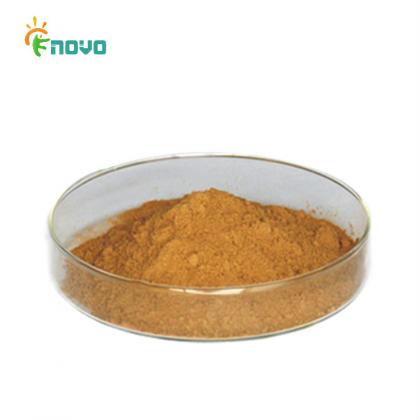Vitamin C, also known as
ascorbic acid, is a water-soluble vitamin that dissolves in water and is
delivered to the body’s tissues. However, it is not well stored in the body and
must be consumed daily through food or supplements. Even before its discovery
in 1932, nutrition experts recognized that something in citrus fruits could
prevent scurvy, a disease that killed millions of sailors between 1500 and
1800.
Vitamin C plays a crucial
role in controlling infections and healing wounds. It is also a powerful
antioxidant that can neutralize harmful free radicals. The vitamin is needed to
make collagen, a fibrous protein found in connective tissue that is woven
throughout various systems in the body, including the nervous, immune, bone,
cartilage, and blood systems. Vitamin C also helps make several hormones and
chemical messengers used in the brain and nerves.
Due to its function as an
antioxidant and its role in immune function, vitamin C has been promoted as a
means to help prevent and treat numerous health conditions. This includes
cancer (both prevention and treatment), cardiovascular disease, age-related
macular degeneration (AMD) and cataracts, and the common cold.
In terms of cancer prevention,
epidemiological evidence suggests that higher consumption of fruits and
vegetables is associated with lower risk of most types of cancer. This may be
due in part to their high vitamin C content. Vitamin C can limit the formation
of carcinogens such as nitrosamines in vivo, modulate immune response, and
possibly attenuate oxidative damage that can lead to cancer through its
antioxidant function.
Most case-control studies
have found an inverse association between dietary vitamin C intake and cancers
of the lung, breast, colon or rectum, stomach, oral cavity, larynx or pharynx,
and esophagus. Additionally, plasma concentrations of vitamin C are lower in
people with cancer than in healthy controls.
For related products, please visit our website:https://www.reachever.com/Vitamin-C-L-ascorbic-Acid-Powder_p24.html

 English
English















